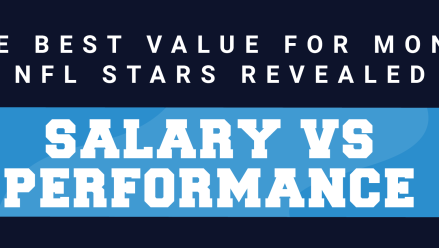Another day, another lawsuit involving Kalshi, as the company has filed a suit against the state of Maryland, seeking to block the state from enforcing a cease-and-desist order regarding the company’s listing of sports event contracts on an exchange platform within the state.
Filed on Monday in a Maryland federal court and first reported by Daniel Wallach, the New York City-headquartered Kalshi argues that Maryland officials’ attempt to regulate Kalshi intrudes upon “exclusive authority” granted to the Commodity Futures Trading Commission (CFTC) to regulate futures derivatives overseen by the federal agency, which was established in 1974 via the the Commodity Exchange Act (CEA) of 1936.
“Once the CFTC designates an entity as a contract market, the CEA gives the CFTC ‘exclusive jurisdiction’ over the derivatives that are traded on the regulated market,” Kalshi writes in the complaint. “Those derivatives include “accounts, agreements … and transactions involving swaps or contracts of sale of a commodity for future delivery… This exclusive jurisdiction extends to ‘event contracts'” and includes sports-related events contracts, Kalshi goes on to argue.
The legal battle comes as Maryland had become the sixth state to target companies offering sports event contracts, joining Illinois, Ohio, Nevada, New Jersey, and Montana. The Maryland Lottery and Gaming Control Commission issued cease-and-desist letters to Kalshi, Robinhood, and Crypto.com on April 7, ordering them to stop offering sports event contracts in Maryland within 15 days.
Green: No state agency has sent cease-and-desist letters to trading platforms. Yellow: State agencies are investigating trading platforms. Blue: State agencies have sent cease-and-desist letters to trading platforms. Red: Trading platforms have made legal filings in response to cease-and-desist letters.
Maryland Lottery and Gaming Director John Martin defended the state’s position at the time, saying, “We view this as a legal matter and a consumer protection matter, and there is also a fiscal interest for the State.”
Martin emphasized that licensed sports wagering operators complete “a rigorous licensing process” and must follow “extensive regulations that include responsible gaming requirements” — obligations that commodity traders aren’t bound by.
State officials particularly noted that platforms offering wagers on sporting events must verify participants are at least 21 years old and physically located within state borders.
‘Irreparable harm’
Kalshi’s lawsuit argues that the Maryland Lottery and Gaming Control Commission’s actions could cause “irreparable harm” to their business. Unless these actions are prevented, Kalshi claims, it could lead to a state-by-state patchwork of regulations that Congress wanted to avoid when it subjected CFTC-regulated exchanges to exclusive federal regulations.
The lawsuit references a recent favorable ruling in Nevada, where on April 9, a federal court granted the company a preliminary injunction against similar state enforcement actions. That court determined that “because Kalshi is a CFTC-designated DCM, it is subject to the CFTC’s exclusive jurisdiction and state law is field preempted.”
In a recent interview, Kalshi CEO Tarek Mansour defended the company’s position, stating: “We’re not necessarily very concerned [because] we are regulated at the federal level. The state law doesn’t really apply.”
The lawsuit represents the latest development in an ongoing national battle over whether these financial products should be classified as regulated derivatives and subject to exclusive federal jurisdiction — or as sports betting subject to state gambling laws, or perhaps both in some way.
A series of roundtable discussions is set to take place in Washington, D.C. on April 30 before the CFTC. The full-day session will convene various stakeholders from across the country who are expected to present comments and concerns about the agency’s role in regulating sports-related event contacts in particular.






